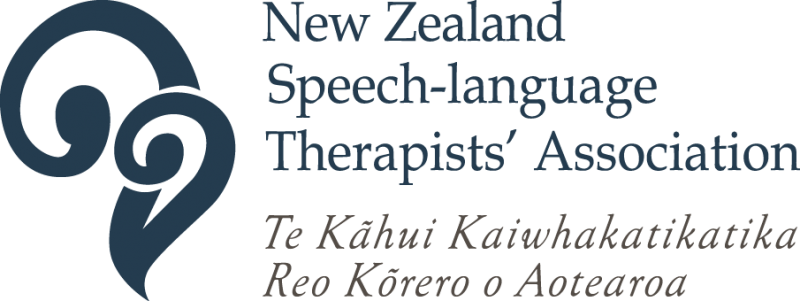Martin has aphasia
Since 2011, Martin has had aphasia following a brain tumour that affected language areas in his brain. His condition worsened significantly after brain tumour surgery in 2013, and his ability to communicate has continued to deteriorate.
Martin can produce some speech, and although he knows what he wants to say, it is extremely hard for him to find words, which is sometimes impossible.
For Martin, aphasia affects both speaking and writing (typing, handwriting, texting, and oral expressive language are all affected). But he can understand what others are saying to him.
We asked Martin how aphasia has affected him. “Shit!” was his response.
Every part of his life is affected. He can’t work (he was an accountant before the brain tumour and aphasia), and it’s affected his home life (relationships, parenting, general household things like shopping, dealing with professionals, etc) and his social life.
Phone calls, using digital technology as well as face-to-face communication, are very challenging, even sometimes with people he knows very well.
And because he couldn’t talk normally post-initial brain surgery, Martin needed speech-language therapy (SLT) support.
He’s now seen multiple SLTs in varied settings - in hospital, in the community, via TalkLink (for communication device support) and through charitable trusts, such as Aphasia NZ, which runs the Young Aphasia Group online, which he attends, and innovations at The University of Auckland, such as the CeleBRation Choir and The Gavel Club.
The SLTs in these settings have had various roles:
- Assessing his communication within a multi-disciplinary team.
- Determining the nature of his language and communication difficulties.
Helping Martin and his partner understand that information. - Providing advice around helpful communication strategies and supports to explore.
- Connecting him to a community of others who have similar conditions and experiences.
Martin’s aphasia won’t improve, but the support he’s received from his SLTs has had a major impact. For example, SLTs have created low-tech assistive technology communication sheets specifically for Martin to help with daily communication at home. These help him participate more easily in family life.
He also has an iPad set up for him in a bespoke way with specialised apps which are useful to some extent. Being able to participate in groups with others online via the Young Aphasia Group, and being part of the CeleBRation Choir, have also been “excellent” in Martin’s words.
Martin knows first-hand how important SLTs are and thinks New Zealand needs many more SLTs. People need information and support, he says.
Aphasia can be very confusing to understand, and those around the person need to know how to communicate effectively with the person with aphasia.
It is really important to be connected to others with similar conditions. Martin lives in central Auckland, so he has access to a range of services, some of which are not available throughout the country.
He is physically close to projects like the CeleBRation Choir and The Gavel Club and has been fortunate to find out about them through people he knows. However, not everyone will hear about these or have access to them, and the support available to him through the Young Aphasia Group is not there for everyone.

